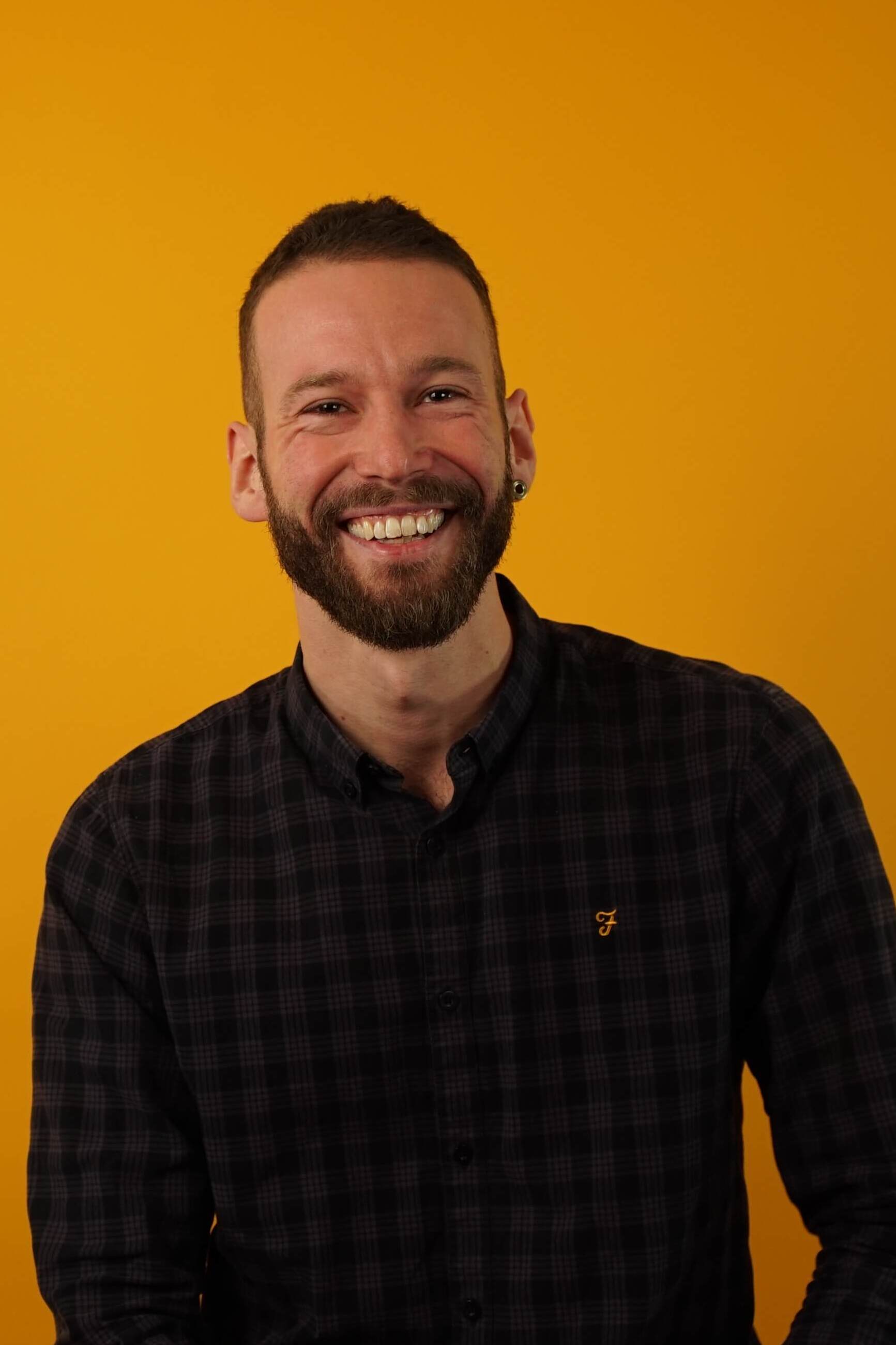5 reasons you should become a mental health first aider
Lightning’s Talent Consultant, Jack Williams (he/him), shares what he learned from becoming a qualified mental health first aider.
Recognition of mental health in both society and the workplace has come on in leaps and bounds over recent years. My own time in the hospitality industry exposed me to some progressive leaders… and some, frankly, really sh*t bosses.
These experiences and my people-first approach to managing a team motivated me to look for opportunities where I can champion positive changes in the travel and hospitality industries. So, when the opportunity arose to become qualified as a mental health first aider (MHFA), I jumped at it.
So, what can you gain from this qualification?
-
Understand and practise true active listening
Now, I’m sure you’re thinking, “I’m a great listener!” But when was the last time you consciously thought about and acted on the behaviours and nuances that contribute to effective active listening?
Whether it’s a phone notification that distracts your attention for a second, or assuming you understand without asking any questions, active listening techniques not only ensure you hear the other person, but also that the person knows they’re being heard.
-
Mentally equip yourself to support others
When it comes to physical first aid, we all know the first step is looking for immediate danger – because if trying to help someone causes you harm, there are now two patients.
Similarly, looking at your own self-care and acknowledging (or improving) what you’re doing to look after your own mental well-being is the first step towards effectively supporting others with theirs. There’s no cookie cutter approach to this, but we encourage each of you to dedicate one hour of your day to doing something that brings you happiness and peace.
For me, movement and getting out in nature plays a big role in this – usually in the form of running (cliché I know!); but it’s important to find things that work for you and dedicate time to looking after yourself.
-
Know that words matter
For people experiencing mental ill health, positive conversations have been shown to impact their willingness to seek help. Whilst MHFA training is invaluable in this, there are things we can all do every day to be more supportive:
+ Demonstrate genuine empathy: This is where your active listening comes into play; try to respond to what’s been said with supportive, non-judgemental questions.
+ Normalise conversations around mental health: Everyday language rubs off on those around you; we can all promote mental health literacy every day in our conversations with others.
+ Connect people: Due to social stigmas, some people may not recognise the signs that they could benefit from help, might worry about seeking further support, or simply may not be aware of the resources available to them. By educating ourselves on available options, we position ourselves to encourage this initial outreach.
-
Realise the power of “thank you”
Have you ever been bricking it at the thought of having a difficult personal conversation with somebody? Yep, me too.
There’s real power in expressing gratitude to somebody who’s shared a difficult experience with you with a simple, “I’m so glad you felt you could speak with me about this” or “thank you for sharing”. By doing this, you reassure the person they’re valued and their feelings are valid, creating a safe space for them to process and acknowledge their experiences.
-
Do your part in reducing stigma
While conversations around mental health have improved recently, society still maintains a number of social stigmas and myths that we can all work to debunk (I’m looking at you, hospitality industry).
By having a MHFA in your workplace, or by being qualified yourself, you acknowledge the value of the humans around you, offering a safe space and promoting conversations and actions to better the general wellbeing of your teams – and your wider relationships, too.
–--------------
It’s important to note being a mental health first aider doesn’t make you a healthcare professional, but it has been invaluable in helping me understand and support people with their mental health, as well as reminding me to be aware of and maintain personal boundaries. I can’t recommend it enough! Find out more about the qualification here.
Lightning’s resident hospitality and HR guru, Jack is also a bang average tennis player (backhand needs work), a fan of The Red Hot Chilli Peppers, and his guilty pleasure is the TV show Survivor. He loves a chat – why not connect on LinkedIn, or get in touch to find out how he can help you or your business. You can also see Jack below:
built by: huzzah!


